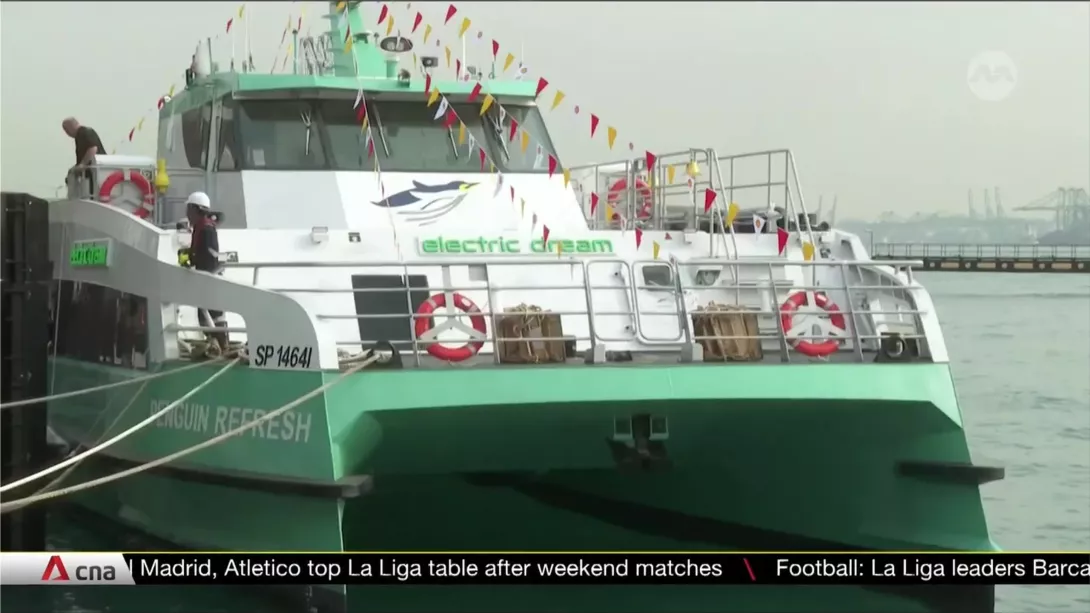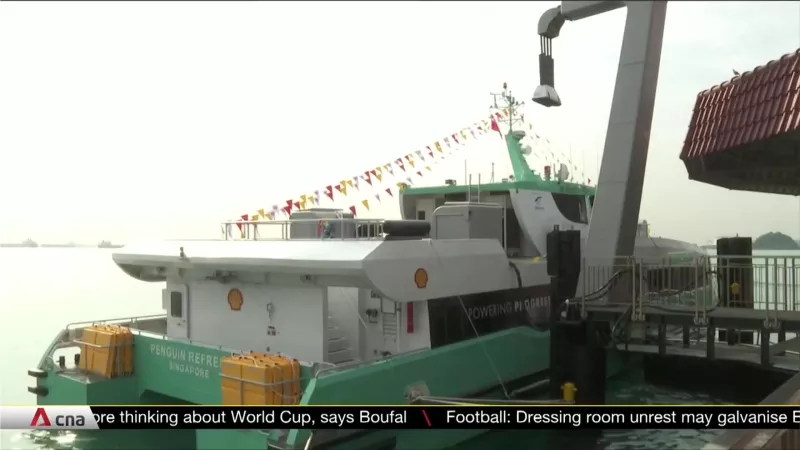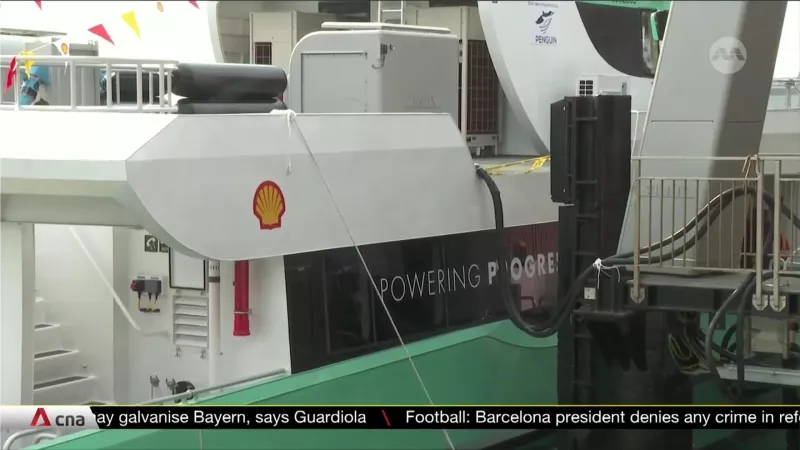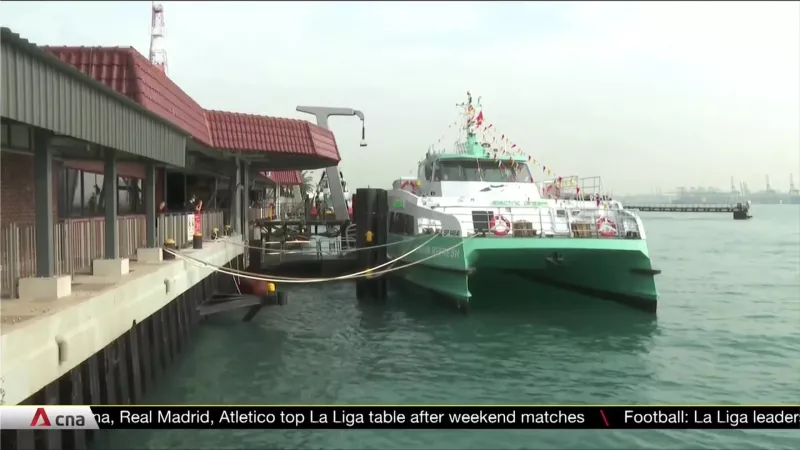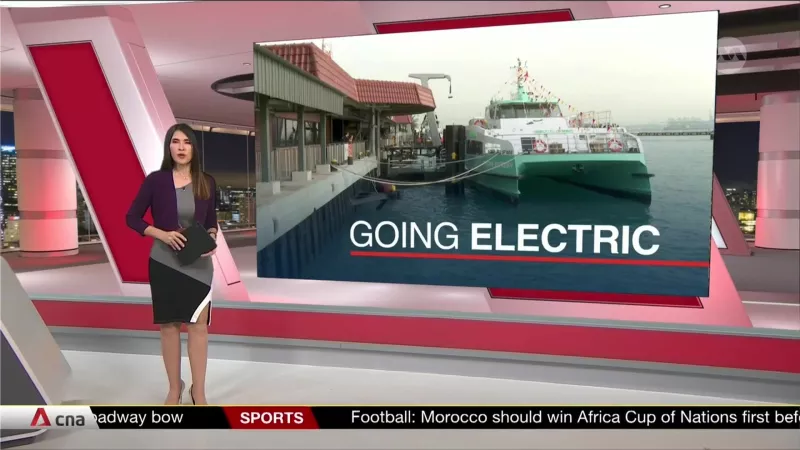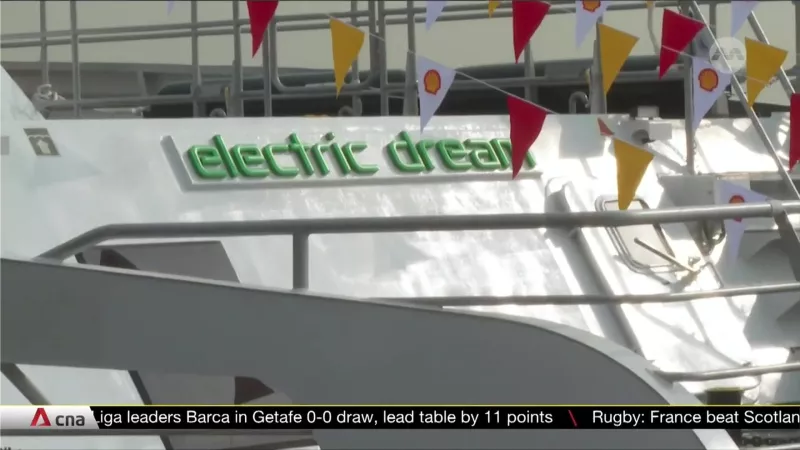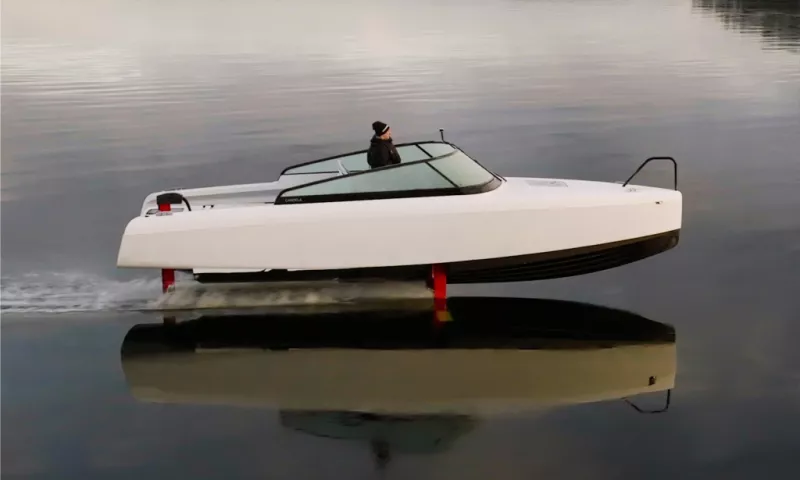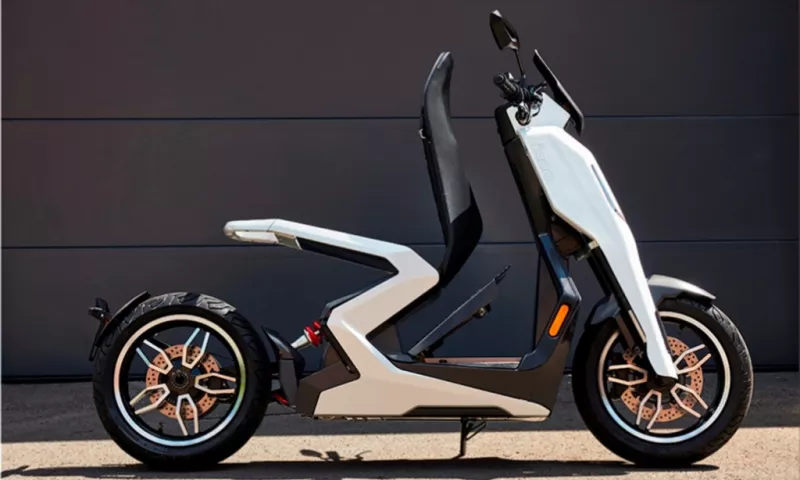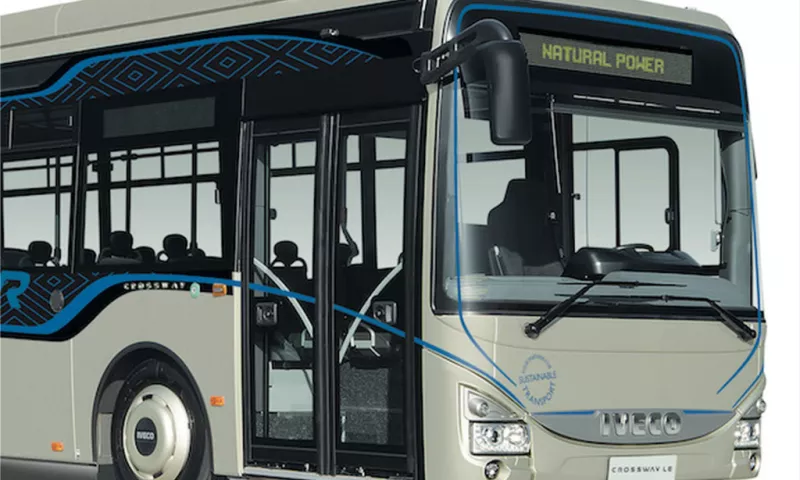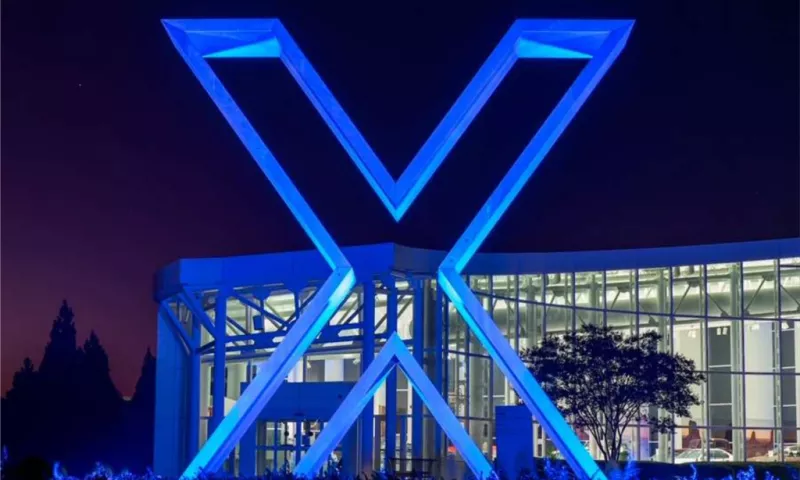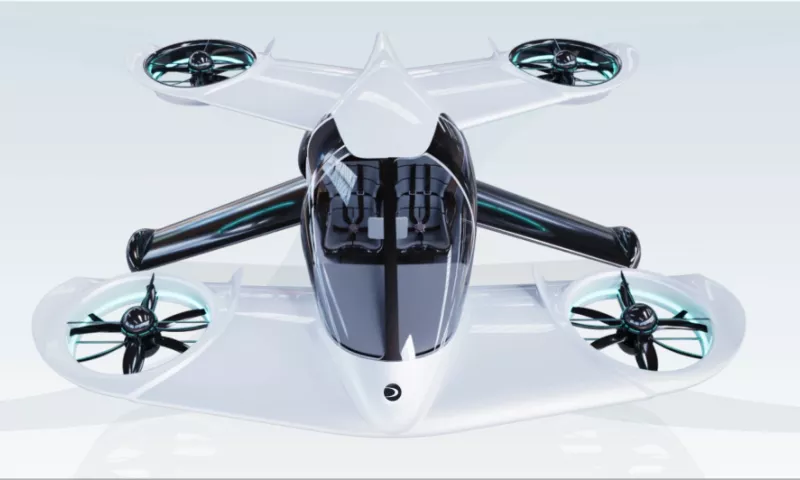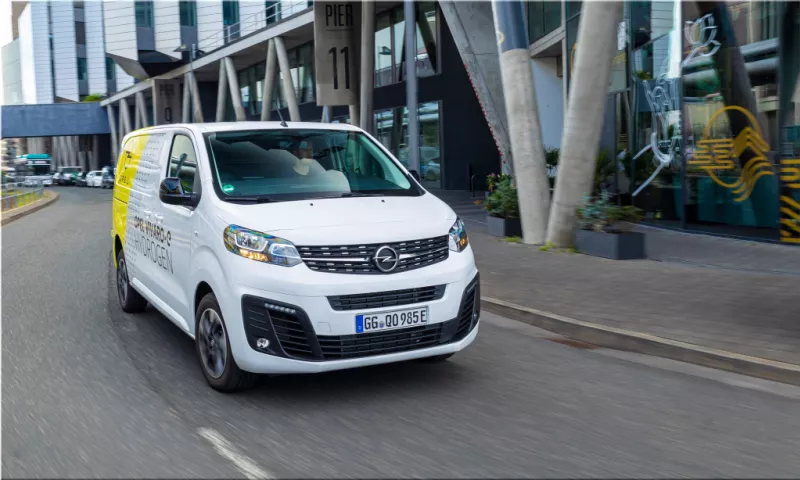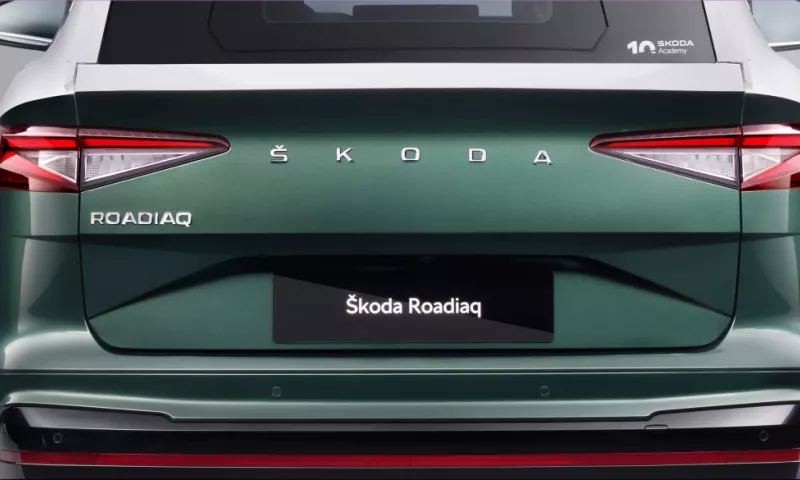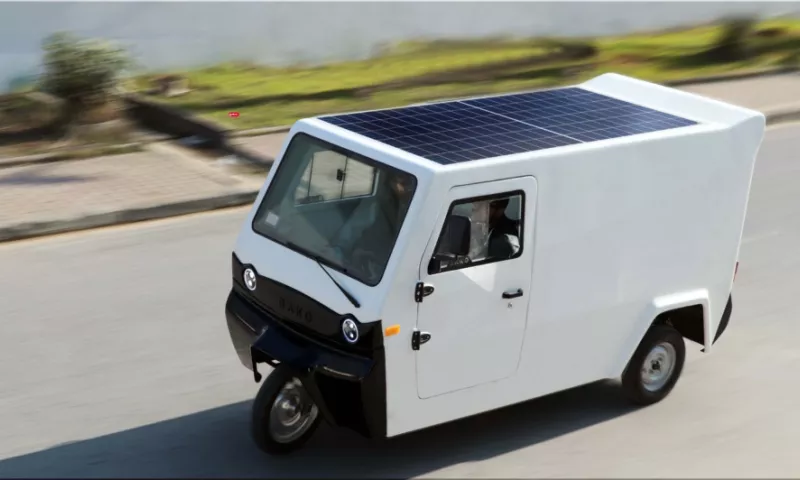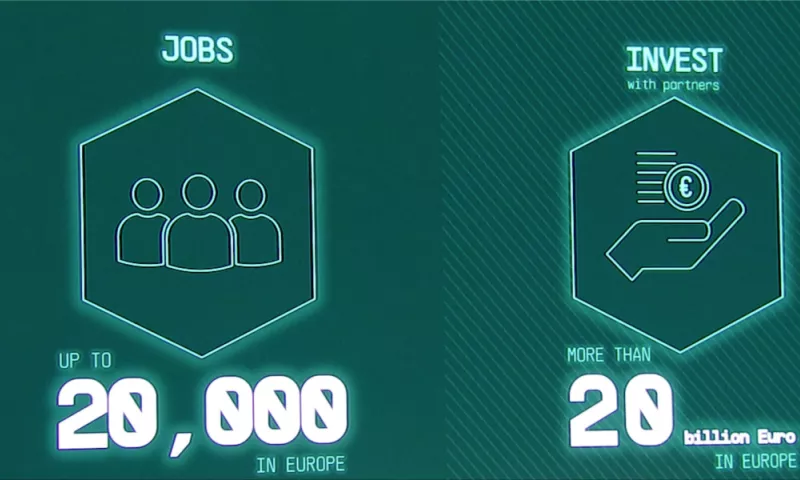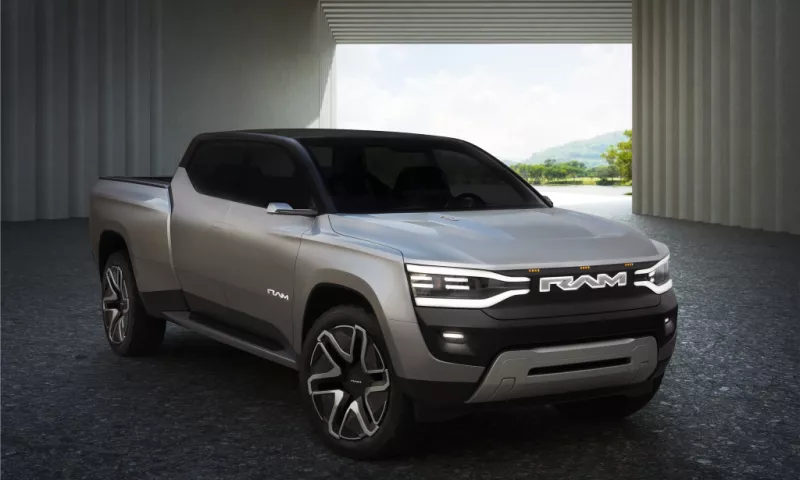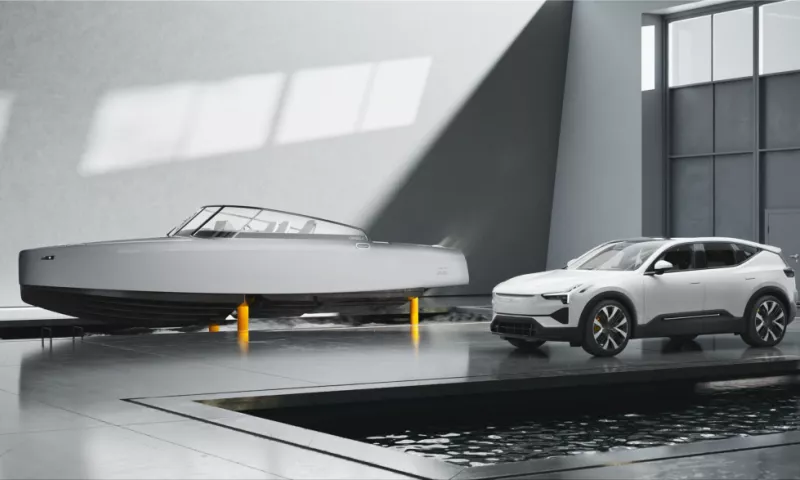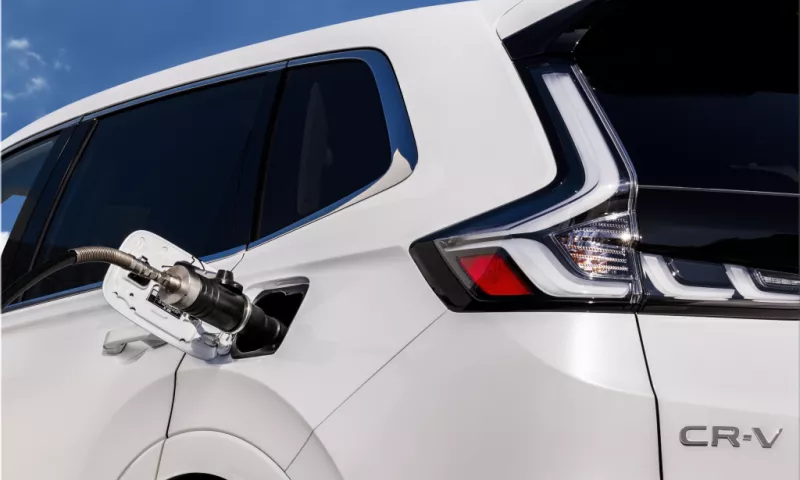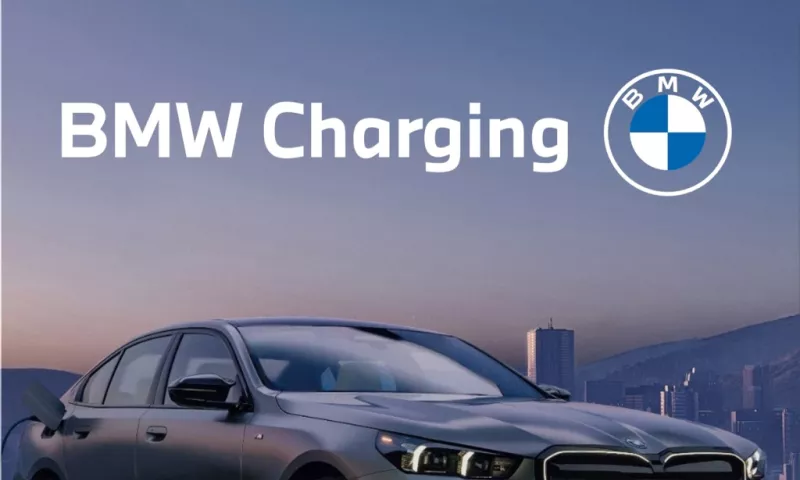Singapore is a small island nation with a big appetite for energy. As one of the world's leading trade and financial hubs, it consumes more than 50 million tonnes of oil equivalent per year, making it one of the top energy consumers per capita in the world. But it is also a country keenly aware of the environmental and economic costs of its energy dependence, especially in the maritime sector, which accounts for about 7% of its total greenhouse gas emissions.
That's why Singapore has been taking bold steps to transform its maritime industry into a greener and more sustainable one. In 2018, it launched the Maritime Singapore Green Initiative, a comprehensive plan to reduce the carbon footprint of its port and shipping activities by promoting cleaner fuels, energy efficiency and innovation. As part of this initiative, the Maritime and Port Authority of Singapore (MPA) has announced that all new harbourcraft operating in its waters will have to be electric or run on biofuels or net-zero fuels from 2030 onwards.
This ambitious goal has attracted the attention and support of Shell, one of the world's largest energy companies and a major player in Singapore's oil and gas sector. Shell has recently announced that it will launch a fully electric ferry service in Singapore during the first half of 2023, a move that marks a first for both Shell and Singapore. Shell says it has awarded a contract to Singapore's Penguin International Limited, a leading designer and builder of aluminum high-speed craft, to design, build and operate at least three fully-electric ferries.
The new 200-seater single-deck ferries will be used to transport passengers between mainland Singapore and Shell's Energy and Chemicals Park on the island of Bukom, replacing the conventional diesel-powered ferries currently in use. The approximately 5.5-kilometer-long ferry route off the Straits of Singapore is a busy connection that transports around 3,000 passengers a day or an estimated 1.8 million passenger trips annually.
The fully-electric ferries are powered by a lithium-ion battery system with a capacity of 1.2 MWh and run at speeds of over 20 knots with zero emissions and noise. When berthed at Shell Bukom, the ferries will be charged via a combination of fast charging during peak hours, and slow charging during off-peak hours and overnight.
By switching to zero-emission, fully-electric ferries, Shell is not only reducing its own carbon footprint, but also setting an example for other maritime operators in Singapore and beyond. According to Shell, electrification is a solution to decarbonise short voyages, including port operations, which account for about half of the global shipping emissions. Shell estimates that its electric ferry service will save about 3,000 tonnes of carbon dioxide equivalent per year, equivalent to taking about 650 cars off the road.
But Shell is not stopping there. The company also plans to run a hydrogen fuel cell trial on a Shell-chartered vessel later this year as part of its collaboration with the MPA on a feasibility study to trial the use of hydrogen fuel cells for ships, the first of its kind for Shell and in Singapore. Hydrogen fuel cells are another promising technology that can enable zero-emission maritime transport for longer distances and larger vessels.
Shell's electric ferry service is an example of how energy companies can play a role in advancing clean mobility solutions for the maritime sector. By embracing innovation and collaboration, Shell is showing that it is possible to balance economic growth with environmental sustainability in one of the world's most dynamic regions.
But Shell is not alone in this effort. It is joined by Penguin International Limited, which has been developing its own electric ferry project called Electric Dream since 2019, with the aim of creating a commercially viable zero-emission vessel for Singapore's waters. Penguin has partnered with Incat Crowther UK, a naval architecture firm specializing in high-speed craft design, and Razor Blunt Labs, a local technology start-up focusing on marine electrification solutions.
